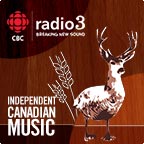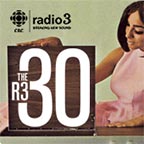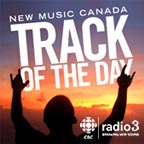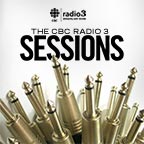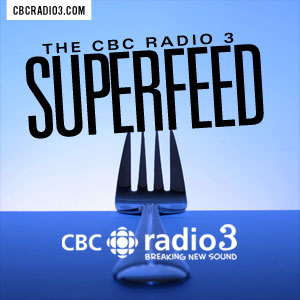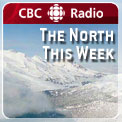When you ask people about podcasting today, those who know what you’re talking about have likely heard about, or listed to, a major media podcast. Most major media outlets in Canada “jumped on the podcasting bandwagon” in 2007.
Independent media outlets, however, recognized the potential of the medium much sooner: campus and community radio stations were among the earliest adopters, the Rabble Podcast Network launched in June 2005, and the Canadian Broadcasting Corporation posted its first podcast in March 2005.
Thanks to innovative thinkers like Tod Maffin and the late Krista Harris, who were employees of the CBC, content from Canada’s public broadcaster made an early appearance in the podcasting scene. 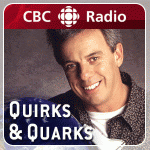
It started with the Quirks and Quarks podcast, which debuted on March 8th, 2005. Essentially there was no difference between the CBC broadcast of the show and the podcast that was posted three days later. The only difference was the format. Rather than having to tune-in at 12:06pm on Saturday to catch Bob MacDonald’s weekly look at the world of science and technology, listeners could subscribe to the show’s RSS feed and listen at their leisure.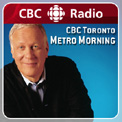
In June, 2005, the CBC launched the Radio 3 podcast and the Metro Morning podcast. The experiment had begun.
★ Tod Maffin talks about how the CBC got into podcasting:
★ The CBC’s Mandate as per the 1991 Broadcasting Act
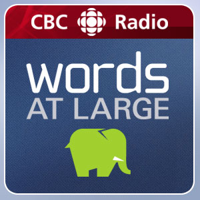 A year later the CBC launched its full roster of podcasts, including many of its flagship radio programs plus a handful of regional podcasts. All of the podcasts featured audio content that had previously aired the CBC’s tradional radio airwaves. Podcasting simply gave avid listeners access to all their favorite CBC programs whenever they had time, wherever they were in the world.
A year later the CBC launched its full roster of podcasts, including many of its flagship radio programs plus a handful of regional podcasts. All of the podcasts featured audio content that had previously aired the CBC’s tradional radio airwaves. Podcasting simply gave avid listeners access to all their favorite CBC programs whenever they had time, wherever they were in the world.
Later on, the CBC added a of other podcasts, including ESL programming and book clubs, that were designed and distributed solely using the podcast format.
⇒ NEXT: “7. Podcasting and Public Broadcasting in Canada” → CBC Radio 3 Podcast
